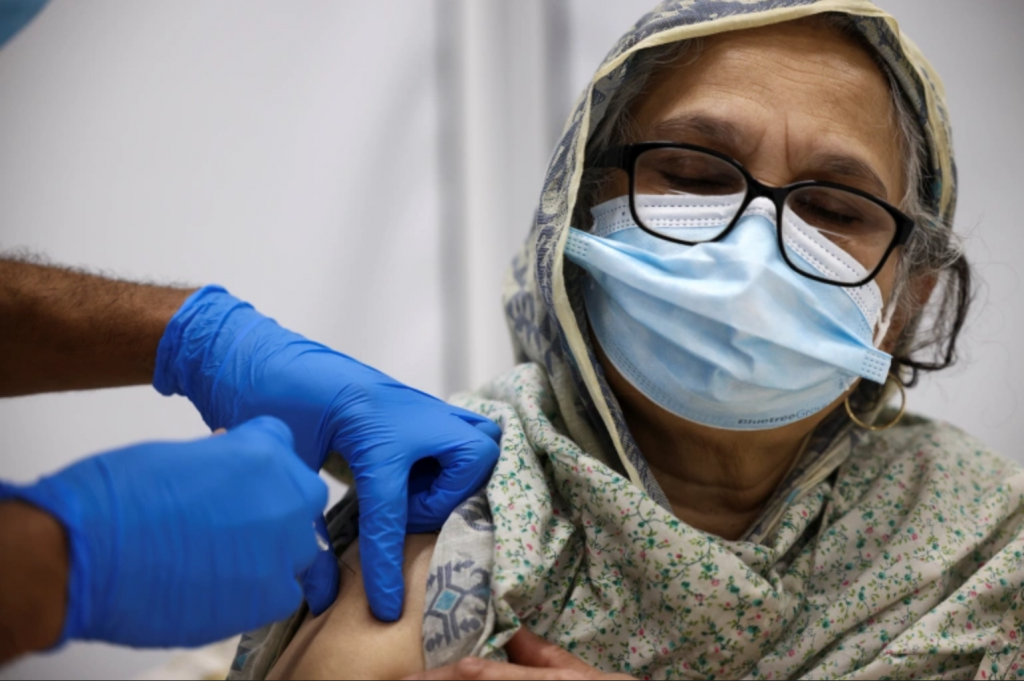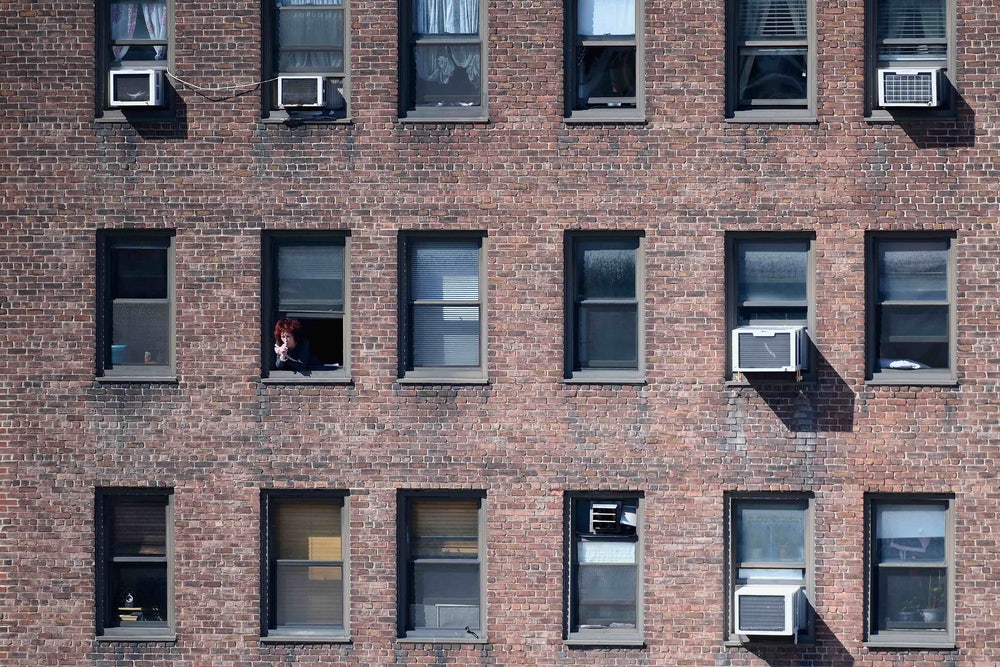
Once a month, we put together a list of stories we’ve been reading: news you might’ve missed or crucial conversations going on around the web. We focus on environmental justice, radical municipalism, new politics, political theory, and resources for action and education.
We try to include articles that have been published recently but will last, that are relatively light and inspiring, and are from corners of the web that don’t always get the light of day. This will also be a space to keep you up to date with news about what’s happening at Uneven Earth.
Welcome to our first newsletter in 2021! It has been a slow few months here at Uneven Earth, but we’re back with a fresh list of environmental justice readings and resources for you that we’ve collected in the new year. Highlights include stories on extractive tourism, global vaccine justice, and the power of mutual aid, as well as a brilliant podcast series on social ecology.
A small note that the articles linked in this newsletter do not represent the views of Uneven Earth. When reading, please keep in mind that we don’t have capacity to do further research on the authors or publishers!
Uneven Earth updates
A new book tells us what is really behind the ‘K-shaped recovery’ | A review of The Asset Economy by Lisa Adkins, Martijn Konigs, and Melinda Cooper
Rewilding | A growing movement repurposes the term rewilding to be a political and cultural project that is more than merely conservation biology
Blue neocolonialism | The Nature Conservancy is promoting “Blue bonds”—a market-based solution to fund conservation—as a new wave of neocolonialism in the Seychelles
Who owns the city? Cars and COVID-19 | Car-centred urbanisation is tied to the growing threat of deadly epidemics. Solutions lie beyond technocratic policy, instead we must look to the soul of the city.
Top 5 articles to read
A call for global vaccine justice
Texans were casualties in Republicans’ war on green energy. “Against an elemental force and a state that failed them, they recognized that the best way to survive was to band together, and practice mutual aid — supporting one another with what little they had.”
It is time to end extractive tourism
On social ecology. A Srsly Wrong podcast series that explores what a post-capitalist future might look like from a social ecology perspective, and how we might get there. Check out part 1, part 2, and part 3.
“The world has become weird”: crisis, natures and radical re-enchantment
News you might’ve missed
Residents of Jackson are nearing two weeks with no running water
Mexican feminists raise their voices against patriarchy
Argentina’s decades-long fight to legalize abortion ends in victory
Sex trafficking sting nets Enbridge pipeline workers
Community in Trinidad says ‘No’ to quarry operator targeting area’s last untouched watershed
Nevada lithium mine kicks off a new era of Western extraction
Inuit hunters braved -30 C weather to block an iron mine
Rio Tinto in Serbia: privatization of natural resources, obstruction of sustainable development
A victory for farmers in a David-and-Goliath environmental case
Sámi reindeer herders file lawsuit against Norway windfarm
Where we’re at: analysis
How extractive industries manage to carry on harming the planet
India’s farmers’ protests: “This is history in the making”
Anti-extractivism and radical politics in Ecuador
The Deep South has a rich history of resistance, as Amazon is learning
Child labour, toxic leaks: the price we could pay for a greener future
Electricity needed to mine bitcoin is more than used by ‘entire countries’
The poison found in everyone, even unborn babies – and who is responsible for it
People buying SUVs are cancelling out climate gains from electric cars
The Paris Agreement is already outdated
COVID-19
Cape Town’s response to COVID-19 shows that another kind of society is possible
Why I’m an invisible man in the global vaccine campaign
Despair and disparity: The uneven burdens of COVID-19. A Truthout series on the disparate impact and deep injustices that the crisis has wrought in the United States.
10 ways corporations have exploited COVID-19
Just think about it…
The climate crisis shows how rich people blow through their “fair share” of carbon emissions
Is thrift shopping good for the environment?
Humans may not be able to reproduce naturally much longer, scientist warns
Billionaires want to be the gatekeepers of the solar system
Degrowth
Current L’Internationale issue on degrowth and progress
The urgent case for shrinking the economy
Degrowth: Pushing social wellbeing and climate over economic growth
Giving up capitalism doesn’t mean giving up pleasure
Socialism without growth. “People appear to understand the abstract concept of “limitless”, but it is more difficult to understand that the concept cannot and should not be applied to growth. Even socialists must shake off the idea that quantity can improve, when only quality counts.”
Ecosocialism is the horizon, degrowth is the way
New politics
Anarchism in practice is often radically boring democracy
Mutual aid: Kropotkin’s theory of human capacity
Hiding in plain sight. Democracy’s Indigenous origins in the Americas.
Building power in a crisis of social reproduction
The lockdown showed how the economy exploits women. She already knew. Silvia Federici on how strengthening the commons can revolutionize care work.
Current YES! Magazine issue on what an ecological civilization looks like
Cities and radical municipalism
The city where cars are not welcome. As automakers promise to get rid of internal combustion engines, Heidelberg is trying to get rid of autos.
Two-way street: how Barcelona is democratising public space
Squatting, rebellion, movement: An interview with Philadelphia Housing Action
How ’15-minute cities’ will change the way we socialise
The ‘revolutionary’ fight over California’s hidden oil and gas wells
Food politics
The agrarian question in the 21st century
Agrarian change and peasant struggles in colonial Pakistan
Resources
Introduction to political economy. A podcast hosted by Noaman G. Ali that looks at how politics and economics interrelate, but also how political economy can encompass a lot more than just politics and economics.
No job, no rent. A 30-page report by the Stomp Out Slumlords tenants rights project on 10 months of organizing the tenant struggle during a pandemic.
Books: 14 wellbeing books for a common good and good life, D-Econ’s 2020 alternative reading list, and What to read in the environmental humanities now
The top 100 documentaries we can use to change the world
PLN. A monthly show on YouTube covering positive Leftist news stories.
A Twitter thread exploring what meaningful work in a degrowth world might look like
Want to receive this as a newsletter in your inbox? Subscribe here.

